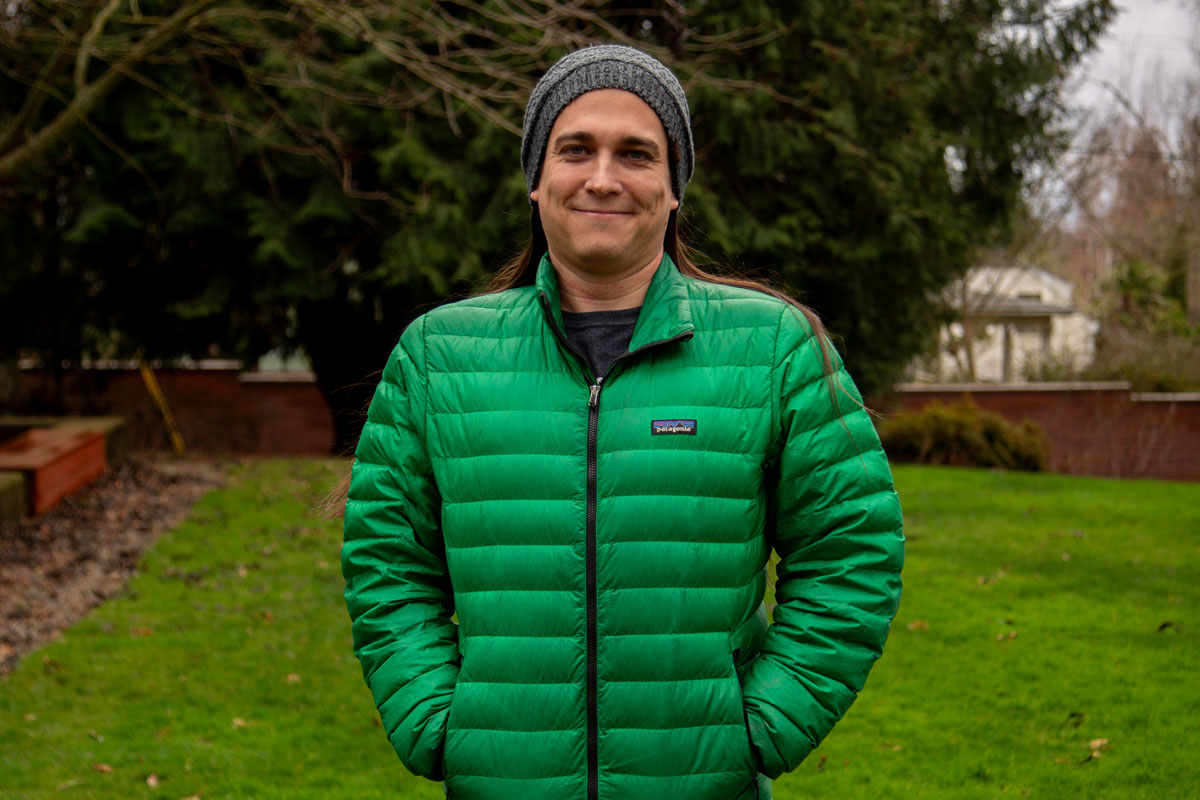CLD Courses by Lesson
introduction
12 Marks of a Healthy Board
| Course | Instructor | Lesson | Lesson Title | Link |
| In Twelve Marks of a Healthy Board, Bert Downs, John Johnson, and David Jones discuss characterstics that are essential in choosing board members and structuring how they interact together. They also describe how the board should minister to the staff and congregation and prayerfully lead by articulating a vision. | Panel | 1 | Roles, Responsibilities and Focus | Link |
| 2 | Selecting, Evaluating and Supplying Resources | Link | ||
| 3 | Collaboration, Acountability, Disciplines and Families | Link |
Doctrinal Commitment
Western’s theological stance remains consistent with its evangelical heritage. The Seminary consciously submits to the authority of inerrant Scripture and models a hermeneutical framework that interprets the Bible in light of its grammatical, historical, literary, and theological contexts. The doctrinal understanding to which its core faculty annually subscribe is detailed in the Faculty Teaching Position.
Program Diversity and Flexibility
God calls people to ministry in a manner consistent with the gifting and passions He has given them. Consequently, Western’s programs seek to honor a diversity of ministry callings through both the breadth and depth of its curricular options. The Seminary offers a half-year certificate, a one-year diploma, five different master’s degrees, the Master of Theology (Th.M.), and two doctoral programs. Western has also worked diligently to ensure significant flexibility within these programs. For example, the Master of Divinity’s design allows students 12 credits of electives which they can align with their personal calling. Most of the other programs allow similar opportunity for students to be active partners with their faculty advisor in shaping their studies to align with their educational desires and ministry calling. When this flexibility is combined with Western’s core Bible, theology, and spiritual formation courses, the result is a program which equips men and women for a specific ministry while still being firmly grounded in sound theology, biblical understanding and spiritual maturity.
Schedule Flexibility
Similar flexibility is needed in schedule options to help students successfully navigate the challenges of balancing family, ministry, work, social life, and school. With that need in mind, Western offers a variety of schedule options from which students can select courses to fit both their educational desires and their life circumstances.
Students may select courses from any schedule option to maximize their time and credit loads. For example, students who need to commit a large amount of time to work or ministry, but who are able to clear their Mondays, can take advantage of the Monday Track. Master of Divinity students can complete their degree in four years through this track. Students needing evening courses are able to take courses Mondays and/or Thursday nights and complete the majority of courses required to complete a ministry-oriented degree in four years. The Portland campus schedules counseling courses on Mondays only, enabling counseling students to be away from campus the rest of the week working or doing internships. Our hybrid courses fulfill campus residency requirements through an intensive schedule at all three campuses throughout the year, incorporating assignments into each student’s ministry responsibilities.
Our San Jose and Sacramento campuses are offering an increased number of courses on Mondays as well. Please contact staff at those campuses for more information.
When these flexible schedules are combined with our distance learning and other intensive course options, students can access Western’s training without significantly disrupting their lives. If you have questions about your personal situation, don’t hesitate to contact our admissions office for personal assistance: Portland 877.517.1800, San Jose 877.900.6889, Sacramento 800.250.7030.
Local Church Participation
From its earliest days Western Seminary has maintained a focused commitment to serve and build the local church worldwide. Since Western nurtures leaders for the church, responsible involvement in a local congregation is expected of students, staff, and faculty. Furthermore, representative leaders of these churches are constantly invited to both assess the curriculum and to help deliver it, so as to maintain the relevance of the content and skills being imparted. Practical internships within the church and parachurch environments further help to ensure that all graduates are well-grounded in actual ministry experience.
Spouse Training Opportunities
Though roles, gifts and backgrounds may vary considerably, the Seminary strives to provide a variety of opportunities for spouses of seminarians to receive both quality training and meaningful fellowship during their time at Western. These include both social events and our Learning Together Program, which permits student spouses to audit courses at a reduced rate.
Experienced and Accessible Faculty
The heart of any seminary is its faculty. Each Western faculty member is expected to blend personal piety, academic scholarship, and ministry experience so as to serve as a credible model of spiritual maturity and ministerial expertise. Western’s attractive faculty-to-student ratio promotes personalized interaction between each student and his or her professor. Furthermore, many of Western’s faculty bring to their teaching a firsthand understanding of the dynamics and challenges of intercultural ministry.
Strategic Partnerships
The Teacher of Ecclesiastes tells us, “Two are better than one ... a cord of three strands is not quickly broken” (Ecc. 4:9-12). The fulfillment of Western’s mission is significantly enhanced because of our synergistic relationships with like-minded organizations within the Body of Christ. By fostering a team approach where complementary strengths are combined to meet common goals, Western can offer specialized and accessible training to an organization’s staff while also making that organization’s expertise available to the broader student body.
To that end, Western actively works with local churches and church planting networks (national and regional CB Associations, Mars Hill Church, the Acts 29 Church Planting Network, et al.), and also has formal partnership agreements with national parachurch organizations (e.g., The Navigators and Jews for Jesus) as well as regional partnerships (e.g., Cru and Young Life). In addition, Western has joined forces with ministries such as The Gospel Coalition, BiblicalTraining.org, International Renewal Ministries, Phoenix Seminary, Corban University and the Northwest Center for Bio-Ethics to offer students access to the distinctive resources and learning opportunities created by these partnerships.
If you have questions about our partnerships, or how you might benefit if you come from a partnering entity, contact Reid Kisling at 877.517.1800.
Diversity of Student Body
Western’s students come from a wide diversity of national, cultural, and denominational backgrounds. Studying in this community – men and women from a spectrum of ages, ethnic backgrounds, disciplinary specialties and denominational affiliations – is a very stimulating component of seminary education, and represents the beautiful complexity of the kingdom of God.
Distance Education
The Online Campus offers courses for credit and enrichment which may be applied toward certificates of study and master’s degrees. (A master’s degree requires a minimum period of residence at a campus.) For more information, please consult the catalog section devoted to the Online Campus.
Trustworthiness and Accountability
The investments of hundreds of individual donors and local congregations account for approximately 15% of each student’s total cost of education, thereby helping keep tuition costs comparatively low. Western’s careful stewardship of these gifts conforms to the guidelines of the Evangelical Council for Financial Accountability. The Seminary has been a member of ECFA since 1983. The various third party approvals listed below (cf. Accreditation, Approvals and Affiliations) further demonstrate Western’s commitment to educational best practices and compliance with quality control standards. This gives additional credibility and legitimacy to our programs and graduates.



